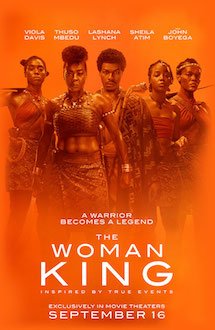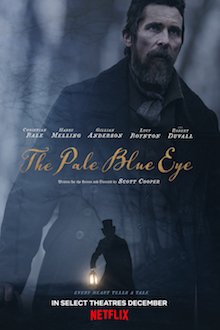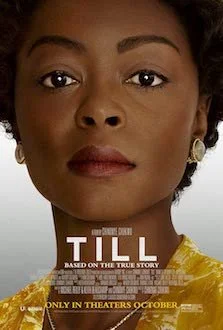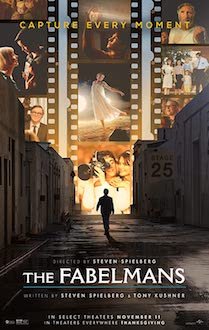Direction: Austin Bragg, Meredith Bragg
Country: USA
Considered a game of chance in the 1970’s, pinball was banned for 35 years in New York. Roger Sharpe was the man who managed to overturn that drastic measure when he moved to the city with the intent of becoming a writer. This true story is at the center of the Bragg Brothers’ biopic Pinball: The Man Who Saved the Game.
Active since the mid 2000’s, the pair of directors finally make their debut feature with a biographical comedy that, following traditional narrative procedures, gains momentum with enchanting well-written dialogues and a smart structure. It’s also romantic in its own way, and an optimistic confection, sometimes frothy, sometimes exceptional, that feels like it might have sprung from the era it portrays.
Creatively told, the story acquires a dazzling motion while purposely exaggerating the documentary within the film versus the facts, realistically expressed by Mr. Sharpe of our days (Dennis Boutsikaris). The young Sharpe, owner of a peculiar mustache and vivid manners, is played by Mike Faist (West Side Story, 2021), who makes a wonderful pair with Crystal Reed (Teen Wolf: The Movie, 2023), the love of his life.
The Braggs inject a few drops of acid into what would be a simple story, turning it somewhat cartoonish but seductively amusing. Pinball won’t be among your standard biopics but rather a favorably low-key portrait whose well-oiled mechanisms intend to divert as much as inform.








































